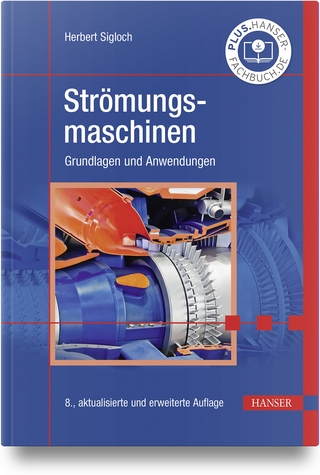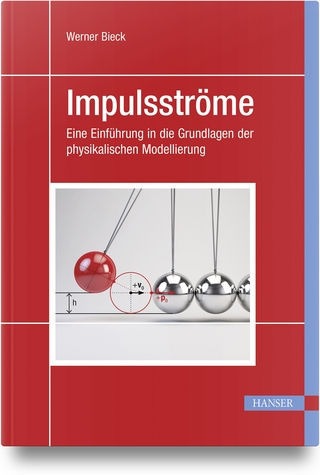
Introduction to Hydrodynamic Stability
Seiten
2002
Cambridge University Press (Verlag)
978-0-521-80427-1 (ISBN)
Cambridge University Press (Verlag)
978-0-521-80427-1 (ISBN)
Instability of flows and their transition to turbulence are widespread phenomena in engineering and nature, and are also important in many applied sciences. This is a textbook to introduce these phenomena at a level suitable for a graduate course, by modelling them mathematically, and describing numerical simulations and laboratory experiments.
Instability of flows and their transition to turbulence are widespread phenomena in engineering and the natural environment, and are important in applied mathematics, astrophysics, biology, geophysics, meteorology, oceanography and physics as well as engineering. This is a textbook to introduce these phenomena at a level suitable for a graduate course, by modelling them mathematically, and describing numerical simulations and laboratory experiments. The visualization of instabilities is emphasized, with many figures, and in references to more still and moving pictures. The relation of chaos to transition is discussed at length. Many worked examples and exercises for students illustrate the ideas of the text. Readers are assumed to be fluent in linear algebra, advanced calculus, elementary theory of ordinary differential equations, complex variables and the elements of fluid mechanics. The book is aimed at graduate students but will also be very useful for specialists in other fields.
Instability of flows and their transition to turbulence are widespread phenomena in engineering and the natural environment, and are important in applied mathematics, astrophysics, biology, geophysics, meteorology, oceanography and physics as well as engineering. This is a textbook to introduce these phenomena at a level suitable for a graduate course, by modelling them mathematically, and describing numerical simulations and laboratory experiments. The visualization of instabilities is emphasized, with many figures, and in references to more still and moving pictures. The relation of chaos to transition is discussed at length. Many worked examples and exercises for students illustrate the ideas of the text. Readers are assumed to be fluent in linear algebra, advanced calculus, elementary theory of ordinary differential equations, complex variables and the elements of fluid mechanics. The book is aimed at graduate students but will also be very useful for specialists in other fields.
1. General introduction; 2. Introduction to steady flows, their instability and bifurcations; 3. Kelvin–Helmholtz instability; 4. Capillary instability of a jet; 5. Development of instabilities in time and space; 6. Rayleigh–Bénard convection; 7. Centrifugal instability; 8. Stability of parallel flows; 9. Routes to chaos and turbulence; 10. Case studies in transition to turbulence; References; Index.
| Erscheint lt. Verlag | 9.9.2002 |
|---|---|
| Reihe/Serie | Cambridge Texts in Applied Mathematics |
| Zusatzinfo | 78 Line drawings, unspecified |
| Verlagsort | Cambridge |
| Sprache | englisch |
| Maße | 152 x 229 mm |
| Gewicht | 580 g |
| Themenwelt | Naturwissenschaften ► Physik / Astronomie ► Strömungsmechanik |
| ISBN-10 | 0-521-80427-2 / 0521804272 |
| ISBN-13 | 978-0-521-80427-1 / 9780521804271 |
| Zustand | Neuware |
| Informationen gemäß Produktsicherheitsverordnung (GPSR) | |
| Haben Sie eine Frage zum Produkt? |
Mehr entdecken
aus dem Bereich
aus dem Bereich
Eine Einführung in die Grundlagen der physikalischen Modellierung
Buch | Hardcover (2023)
Carl Hanser (Verlag)
39,99 €


